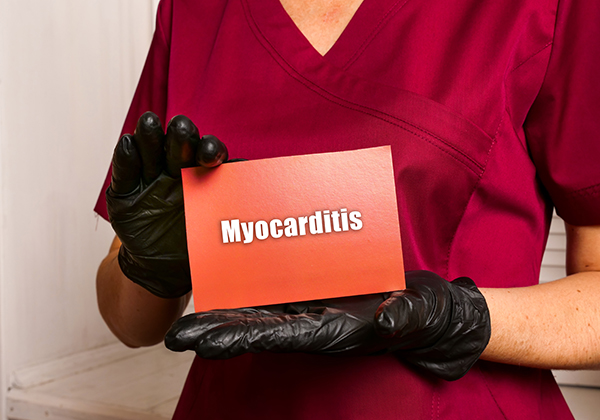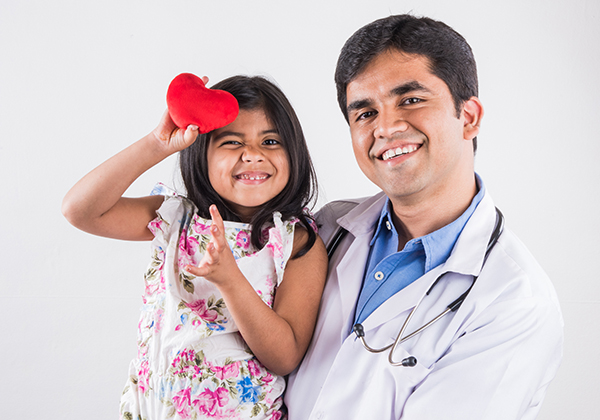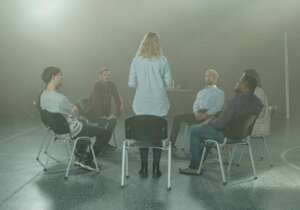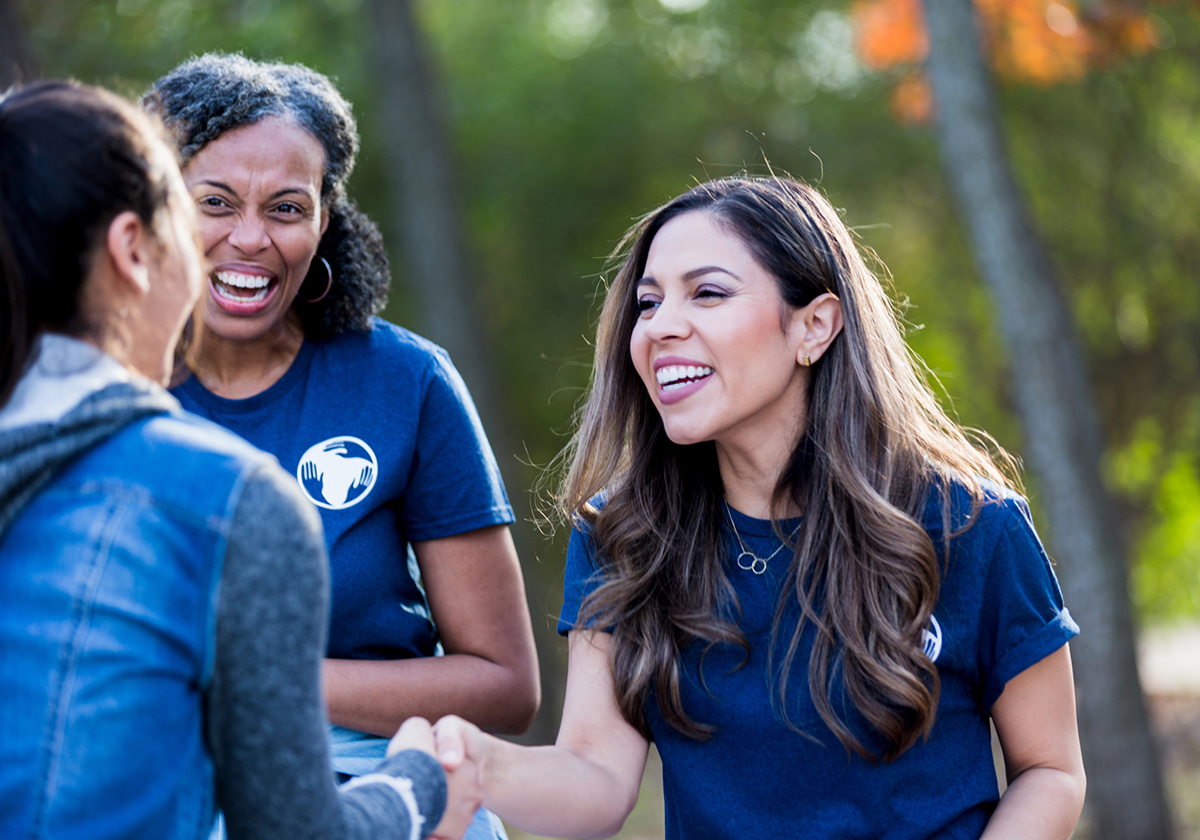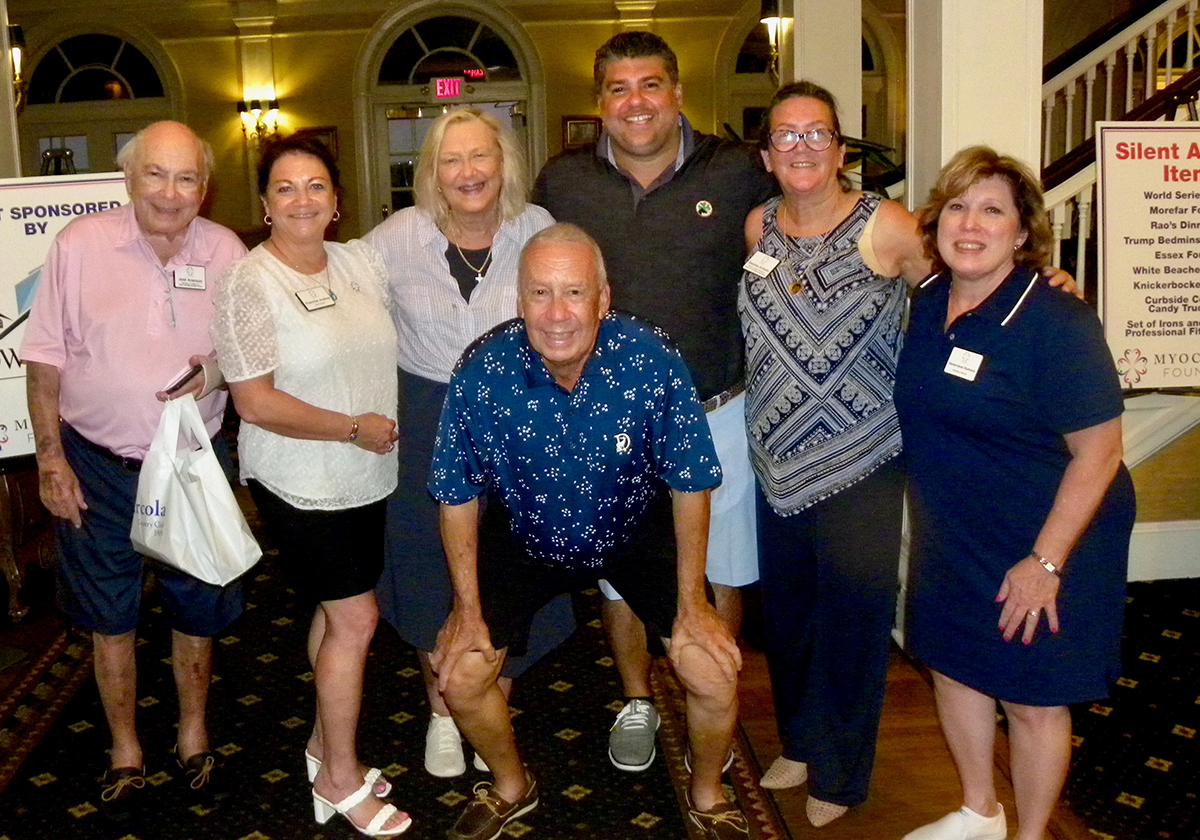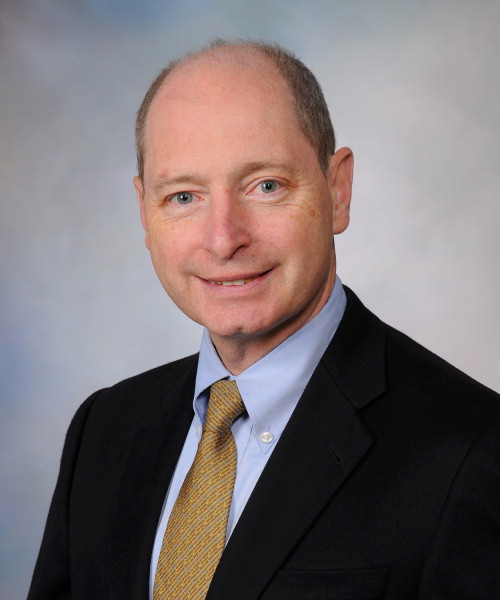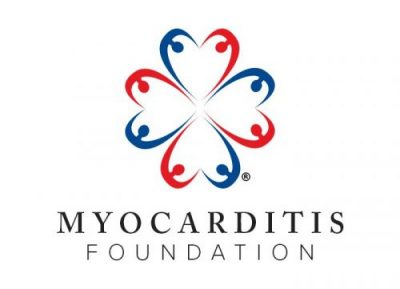As I cannot be at the 15th Annual Golf Outing at Arcola Country Club in Paramus, New Jersey today, I would like to share some of my thoughts with you.
First of all, thank you for supporting this annual event, which has been a large part of the Myocarditis Foundation for 15 of it’s 17 years.
During the last year of my medical residency, I admitted a 28-year-old woman who died that same week of Giant Cell Myocarditis (GCM).
I recall reading in Braunwald’s Heart Disease, a textbook of Cardiovascular Medicine, that Giant Cell Myocarditis was rapidly fatal, had no effective medical treatment and could recur after transplantation.
Through that experience, Myocarditis gradually became the lens through which I focused my professional energy.
During my cardiology fellowship I gathered a multicenter Giant Cell Myocarditis registry, from 36 medical centers in 9 countries.
That was the first clinical series to report that cyclosporine-based immunosuppression and transplantation are effective treatments against Giant Cell Myocarditis (GCM).
The GCM biobank and registry, led to many papers and later a prospective treatment trial.
On the nights and weekends that I worked on grants, I often asked myself was it worth the effort?
But today, the overall survival of GCM is 90% at 1 year after diagnosis. There are a large number of GCM survivors who share communication with each other on a GCM Facebook page. This would have been unheard of 15 years ago!
I still recall that first GCM patient who gives me my purpose to advance the science of Myocarditis.
Through my medical practice, I realized that myocarditis patients desired and yet had a limited ability to connect with one another and access reliable information.
A patient in one of our trials, Candace Moose, asked me what she could do to help others with myocarditis.
I proposed starting a Foundation with a threefold mission:
* To help patients understand and cope,
* To educate health professionals,
* and to advance research in myocarditis.
This was a few years before Facebook and social media platforms. That conversation was the birth of the Myocarditis Foundation (MF).
Our platform at the MF serves patients, physicians, and researchers.
The MF has given over 2 dozen fellowship grants and other project specific grants in the 17 years since inception.
In a unique model, the MF asks the fellows, who receive the Fellowship Grants and whose research is often funded by a family who lost a child, to present their work to the family at our annual meeting.
The experience of meeting with the family, whose passion is to prevent another loss of young life, has frequently been transformative for these young researchers.
The Myocarditis Foundation has and continues to reach patients and families around the world. The website received over 100,000 contacts a month during the COVID Pandemic. Our office as well, receives many contacts and helps by explaining the disease, providing emotional support, and putting people in touch with specialists around the world.
We instituted family Zoom Meetings during COVID. We hold 3 per year now averaging over 70 participants per meeting. This allows people from all over the globe to participate. While 2/3rds of the participants are from the U.S., there are usually up to 6 different countries in attendance.
The top cardiologists and researchers in Myocarditis will be attending the Heart Failure Society of America Meeting at the end of September in Washington, DC. We will reinstitute our in-person Family Meetings there, where patients and families can have contact with Myocarditis specialists as well as others who have been affected by the disease. This makes a much higher impact for everyone concerned.
The ongoing major initiative of the Foundation is a multicenter biobank and registry. COVID did place this on hold for a few years as everything was all about COVID, but we are back on tract.
Current studies are limited by:
* few women and
* few underrepresented minorities.
This study will overcome these limitations and strives to engage the NIH in an R24 grant to support a much greater expansion of sites and scope of science. With the end of this study, there will be a redefinition of myocarditis that is more personal and better able to guide effective treatments.
We have accomplished a lot in the past 17 years of our existence, but we still have much more to do to better diagnose and treat this devastating disease. With your continued help we can work to accomplish this.
Once again, I wish to thank you all for your continued support of the Myocarditis Foundation.

